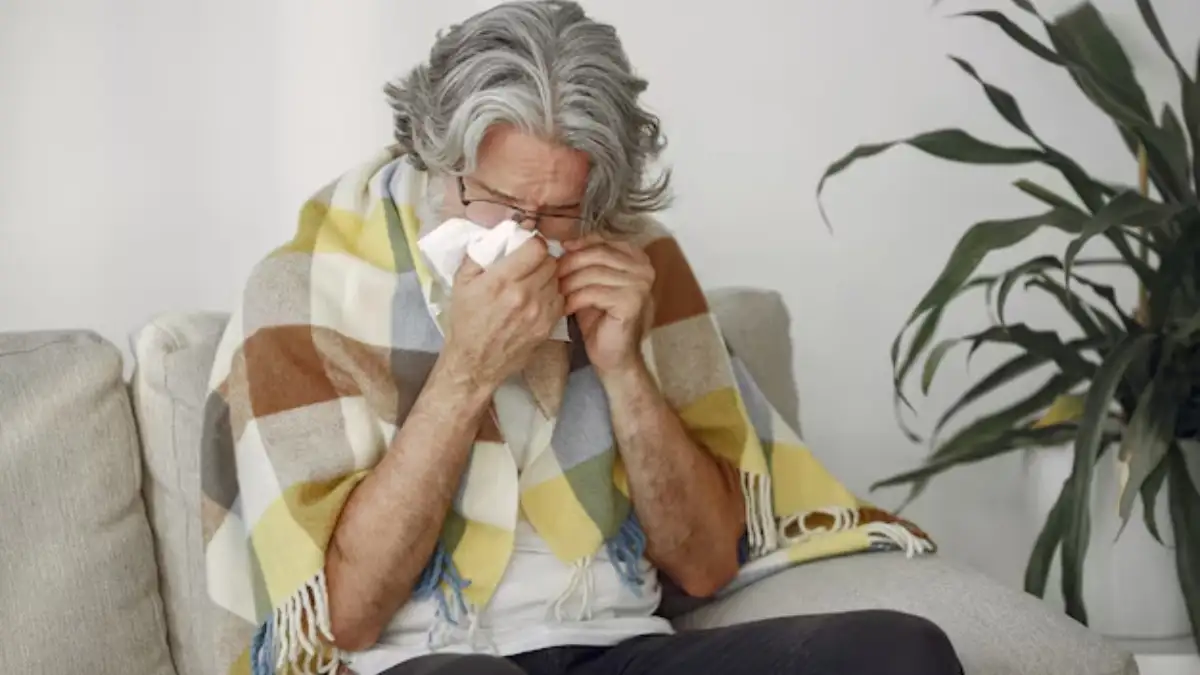
 Symptoms, causes and treatment of pneumonia in the elderly.
Symptoms, causes and treatment of pneumonia in the elderly.
Pneumonia is a fatal infection in which the small air sacs in your lungs (alveoli) tend to become inflamed, causing symptoms such as coughing and shortness of breath. Pneumonia is not only common in young people, but even in the elderly. It is known to cause higher morbidity and mortality rates in patients. Often overlooked in discussions of respiratory health, older pneumonia is a serious lung infection that can affect some older adults. This age group typically has a weakened immune system and underlying conditions, making them more vulnerable to complications from pneumonia. Unlike other young patients who may experience normal symptoms such as chest pain and high fever, older patients appear to present with confusion or even a sudden loss of mobility and may require hospitalization.
The causes:
When we spoke with Dr. Samir Garde, director of the Department of Pulmonary Diseases and Lung Transplantation, Gleneagles Hospital, Parel, he said that pneumonia in the elderly arises from a host of underlying factors such as weak immune function as people age, chronic health conditions such as chronic obstructive pulmonary disease (COPD), diabetes or heart disease, lifestyle factors such as poor nutrition or lack of physical activity can lead to weakened lung function and reduced recovery capacity.
The symptoms:
The symptoms of this condition include coughing, fever and chills, chest pain, fatigue, shortness of breath and rapid breathing. These symptoms can rob a person’s peace of mind and hinder their ability to carry out daily activities with ease. Older people should consult the doctor if they have additional symptoms such as confusion, choking, abnormal body temperature and excruciating chest pain.
The diagnosis:
This condition can be detected using blood tests, CT scans and X-rays to confirm the diagnosis. It is essential to follow the doctor’s instructions to improve the quality of life.
The treatment:
The treatment must be all-inclusive. This means antibiotics, antiviral medications, and supportive care including hydration, monitoring spo2 levels, adequate rest, and pulmonary rehabilitation. Such treatment within the shortest possible time will prevent complications, for example, respiratory failure, lung abscess, sepsis, fluid accumulation in the lungs and ultimately death in elderly patients.
Tips to prevent pneumonia in the elderly:
Getting the pneumococcal vaccine and flu vaccine, washing hands regularly, maintaining personal hygiene, wearing a mask, disinfecting frequently touched surfaces, avoiding crowded places or being around sick people, quitting smoking, eating a balanced diet, exercising daily, having a regular Getting a good night’s sleep and ensuring good hydration to keep lungs healthy is key to preventing pneumonia.
READ ALSO: The risk of pneumonia in children increases up to ten times due to milk bottles | Know details
Leave a Reply